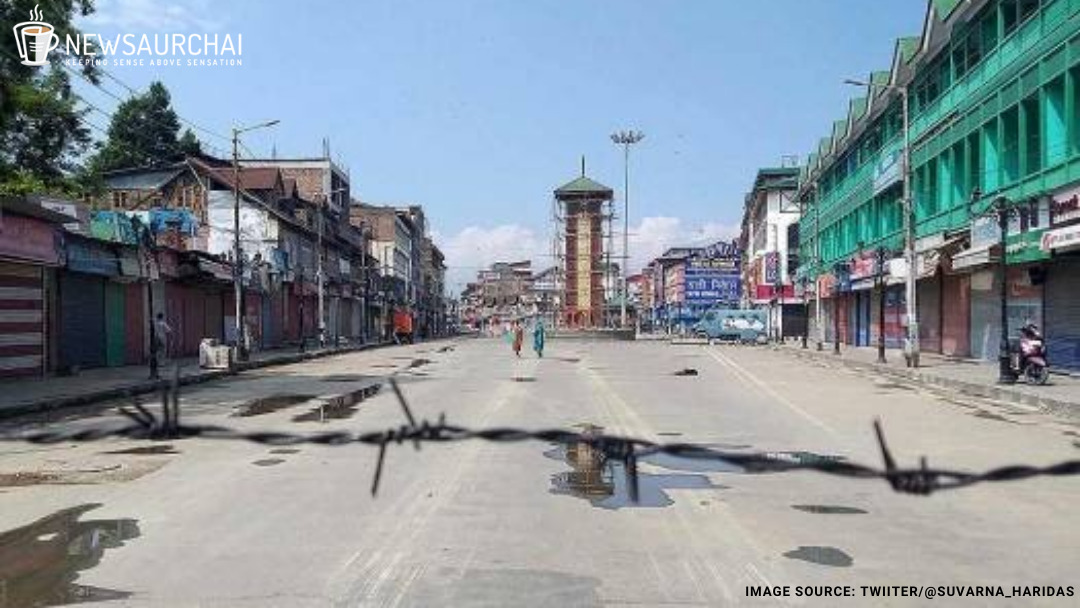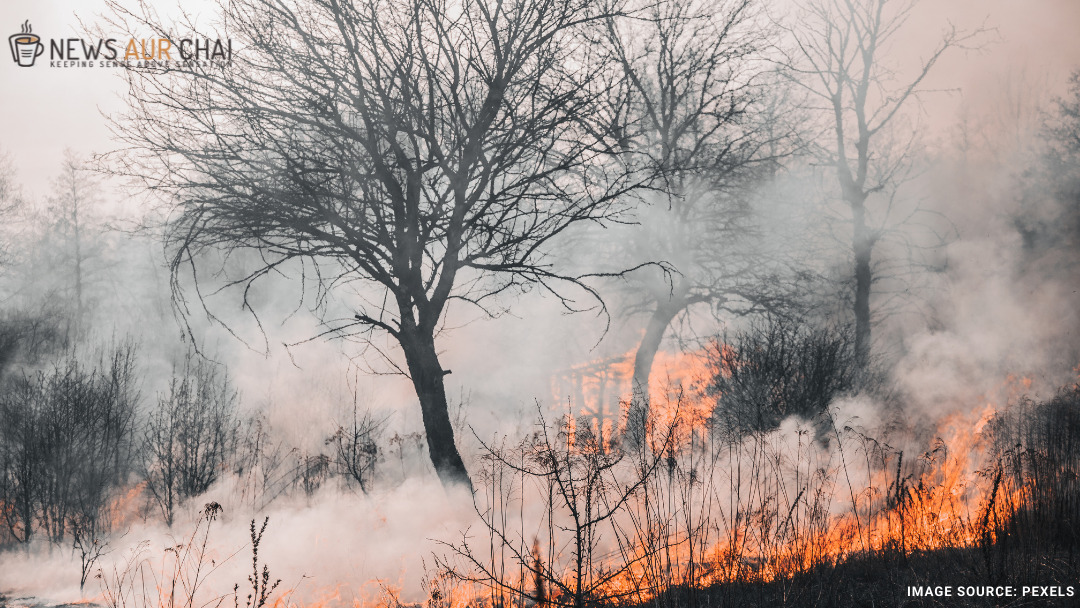Here Is How EWS And OBC Reservation In MBBS And PG Medical Courses Work

The NDA government led by Prime Minister Narendra Modi declared that a 27 percent reservation would be provided for Other Backward Classes [OBCs] and 10 percent for Economically Weaker Sections [EWS] in the All India Quota [AIQ] scheme for undergraduate and postgraduate dental/medical courses.
PM Modi took to Twitter to announce the decision. The tweet read:
“Our Government has taken a landmark decision for providing 27 percent reservation for OBCs and 10% reservation for EWS section in the All India Quota Scheme for undergraduate and postgraduate medical/dental courses from the current academic year. This will immensely help thousands of our youth every year get better opportunities and create a new paradigm of social justice in our country,”
The extension of this scheme would benefit several National Eligibility cum Entrance Test Undergraduate [NEET UG] aspirants belonging to the OBC or EWS category.
The newly introduced reform in the scheme will be eligible from the current academic year of 2021-22. It will benefit around 1500-2500 OBC students and 550-1000 EWS students pursuing MBBS and PG respectively every year.
“This was not extended to the AIQ seats of State medical and dental colleges…Ministry of Health and Family Welfare has taken a historic and a landmark decision for providing 27% reservation for OBCs and 10% reservation for Economically Weaker Section (EWS) in the All India Quota (AIQ) Scheme for undergraduate and postgraduate medical/dental courses (MBBS / MD / MS / Diploma / BDS / MDS) from the current academic year 2021-22 onwards,” an official statement regarding the matter read.
A strong sentiment has been prevailing for a long time to include the medical aspirants belonging to the OBC and EWS category in the All India Quota of medical education scheme.
The government also mentioned that this decision, thus, reflect its commitment to provide due reservation to the backward and EWS students. The statement read that this decision complements the significant reforms that were carried out in the field of medical education in 2014.
During the initial period until 2007, there had been no reservations at all in the AIQ scheme. However, in 2007 the Supreme Court had introduced a 15 percent reservation for the Scheduled Castes [SCs] followed by a 7.5 percent reservation for the Scheduled tribes [STs] in the AIQ scheme.
It was followed by the implementation of the Central Education Institutions [Reservation in Admissions] Act in 2007. It provided a 27 percent reservation to the OBC category in all the central educational institutions. But at the same time, this reservation was not extended to the AIQ scheme.
According to a source, within a span of six years i.e 2014-2020, along with the establishment of 179 new medical colleges, MBBS seats in the country have increased by 56 percent from 54,348 seats in 2014 to 84,649 seats in 2020. There was also an increase in the PG seats by a whopping 80%. The number of seats increased from 30,191 seats in 2014 to 54,275 seats in 2020.





